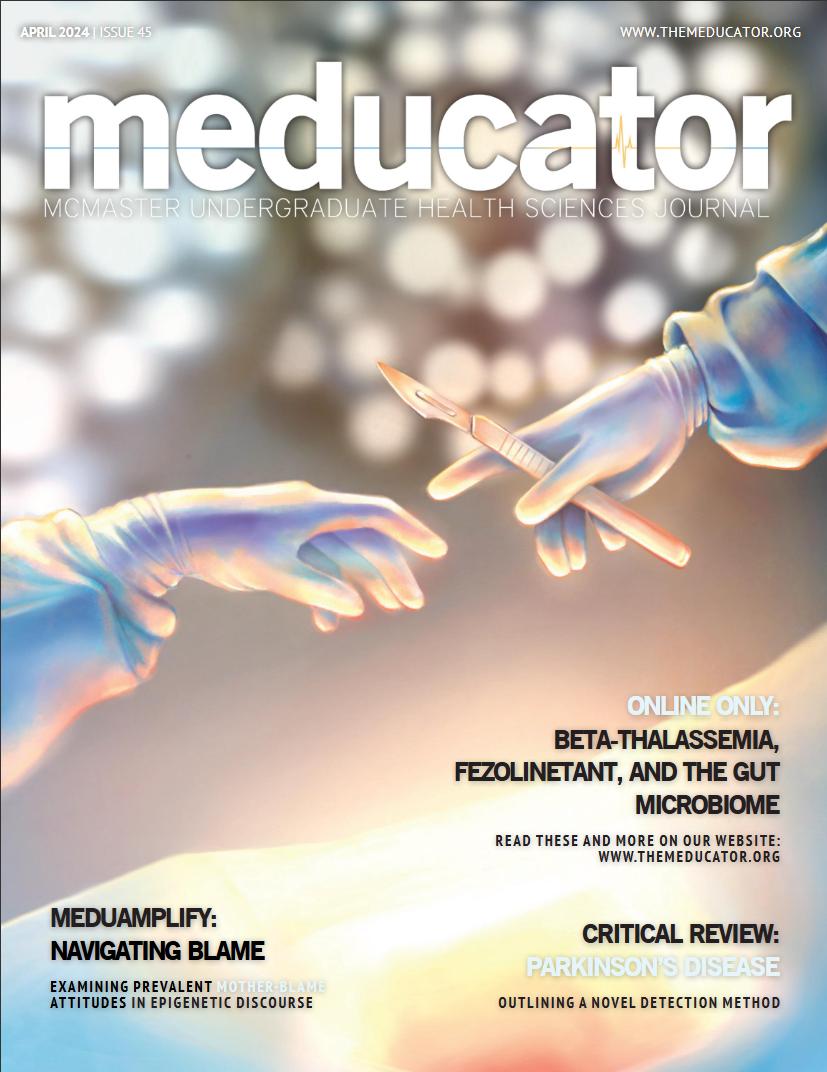Exploring the Cognitive Effects of Psychobiotics on Gut Microbiota
DOI:
https://doi.org/10.15173/m.v1i45.3688Abstract
The human gastrointestinal (GI) tract houses an abundance of microorganisms which make up an environment known as the gut microbiome. Its composition is affected by a variety of factors, including the method in which an individual was born, antibiotic use, diet, and environmental exposures. Gut microbes engage in bidirectional communication with the host through the gut-brain axis, which connects the central and enteric nervous systems through neural, hormonal, and immunological signalling pathways. Therefore, the various microbes housed in the GI tract can have an effect on brain functioning and mental health through this axis of communication. Rates of mental disorders, such as depression and anxiety, have been on the rise, increasing significantly after the COVID-19 pandemic. The steady increase continues to occur despite the introduction of treatments and medications, which highlights the crucial need for novel and innovative therapies. This piece explores the relationship between the gut microbiome and various mental health disorders, as well as the potential of psychobiotics as a novel treatment strategy.


